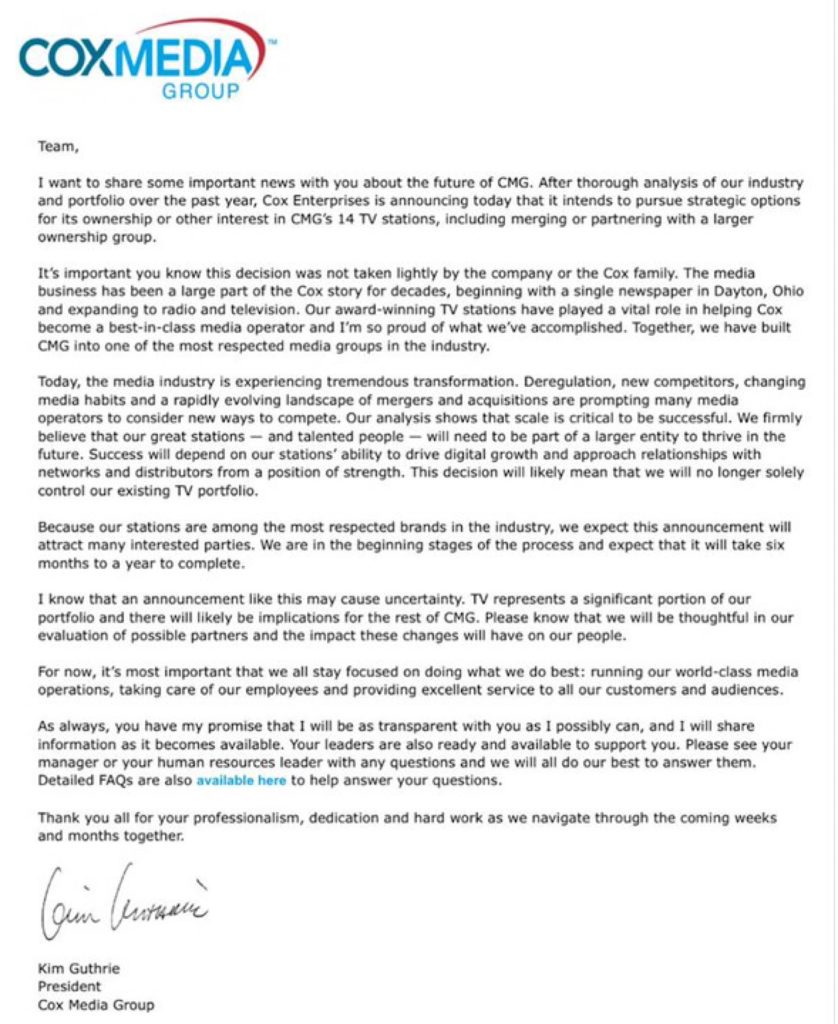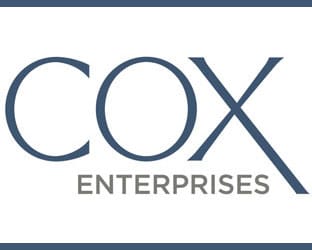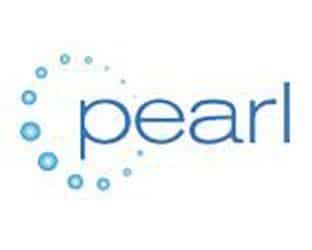UPDATED AT 3:45PM EASTERN
In mid-March, Cox Media Group President Kim Guthrie told RBR+TVBR that talk of the company selling off nearly all of its radio stations was unfounded.
It turns out that the chatter focused on the wrong media: Cox has confirmed that it “will explore strategic options” for its 14 TV stations, including partnering or merging the stations into a larger company.
What Cox is not doing, Guthrie tells RBR+TVBR, is outright divesting the properties. “We are looking not to sell our stations, but to pursue a merger or partnership,” she said via e-mail on Tuesday afternoon.
News of the decision from Cox Enterprises was first noted in a story appearing at the website for CMG’s flagship daily newspaper, the Atlanta Journal-Constitution.
“We didn’t take this decision lightly,” said Cox Enterprises President/CEO Alex Taylor. “It is clear that scale is critical for TV affiliates to be positioned well for the future. Our stations are some of the best in the industry and we want them to stay that way.”
The success of these stations may not be solely based on Cox’s management mores or policies, and could involve input from companies including Graham Media Group, or Gray Television following its merger with Raycom Media. Others such as Meredith Corp., Hubbard Broadcasting or even Hearst Television may be in the mix.
Why would Cox want to partner up with another company or entertain a merger with another TV station owner? CMG alluded to the loosening of television national ownership rules, and how companies are looking to create scale in the wake of the FCC’s “modernization” efforts championed by Chairman Ajit Pai.
A CHANGE IN COMPLEXION

Above is the current composition of Cox Media Group’s entire holdings. Interesting, its heaviest exposure is in radio — and if Guthrie’s comments to RBR+TVBR were truthful mean it will be its core revenue driver should its TV stations ever be sold off, even through a Reverse Morris Trust merger with another entity (as Entercom did to obtain CBS Radio).
Cox’s TV holdings are comprised of its flagship stations in Atlanta and Dayton, WSB-2 and WHIO-7, respectively.
There are also big-market prizes awaiting a merger suitor or partner, such as WPXI-11 in Pittsburgh; KIRO-7 in Seattle; WFXT-25 in Boston; and Charlotte’s WSOC-9 and WAXN-64.
Add to that WHBQ-13 in Memphis; KOKI-23 and KMYT-41 in Tulsa; and the Florida assets: Orlando’s WFTV-9 and WRDQ-27; and WFOX-30 in Jacksonville.
Included in the 14 stations is CBS affiliate WJAX-47 in Jacksonville, which RBR+TVBR exclusively reported in late February was being spun to Vero Beach, Fla.-based Bill Hoffman, the former CMG President. Hoffman is buying the station outright for $12.17 million; Cox is retaining its shared services agreement, enabling it to effectively control WJAX-47.
Now, Hoffman may work with Cox on allowing WJAX-47 to benefit from a merger player or partner.
Markets where Cox owns both radio and TV stations include its heritage markets of Atlanta and Dayton, where it has ownership of the daily newspapers. In Orlando, Cox Media Group has a collection of radio stations. The same is true in Jacksonville, and Tulsa.
“These stations have been established as leading news and information outlets and are cornerstones of the communities they serve,” the company said in a statement released Tuesday afternoon that all but codified Cox’s desire for a partner or merger with another company. “This in turn has driven strong financial performance, making the stations attractive assets in today’s marketplace.”
WILL RADIO BE NEXT?
Guthrie in March insisted that Cox Media Group’s 61 radio stations weren’t on the block.
Cox today said it will continue to operate “other parts of its media portfolio,” and is investing in “strategic priorities to foster growth within its existing businesses and in new growth areas.”
What does this mean?
Employees at CMG’s radio stations need to fret at the moment about their job security.
Meanwhile, employees at The Palm Beach Post are gearing up for a change in ownership from CMG to GateHouse Media. That’s the entity that bought CMG’s Austin American-Statesman for $47.5 million. The price paid for the Post and the Palm Beach Daily News: $49.25 million.
Guthrie did not elaborate on RBR+TVBR‘s request for comment by Tuesday’s editorial deadline. However, a copy of an internal memo distributed to all CMG staff by Guthrie was obtained by RBR+TVBR.






